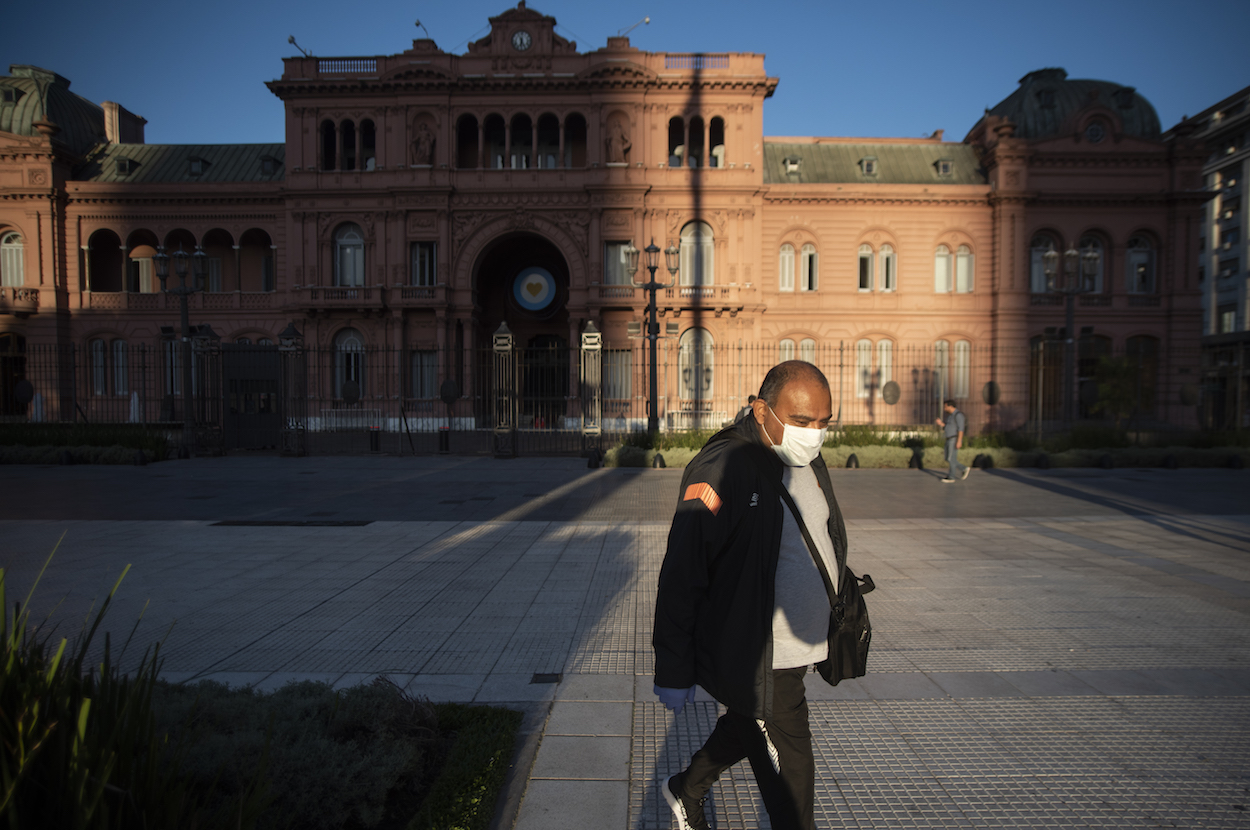Sign up here to get This Week in Latin America delivered to your inbox every Monday.
The Games: The Rio Olympics continue this week, with the closing ceremony set for Sunday. While some observers say the organization of the games could have turned out worse for the hosts, security and sanitation issues have so far plagued the Summer Games. U.S. swimmer Ryan Lochte and three others were reportedly held up at gunpoint over the weekend, following robberies of athletes from Portugal, China, Australia and Russia and an attack on soldiers from Brazil’s national security forces near the Maracanã stadium last week that left one person dead. Olympic organizers were also forced to drain and refill a pool ahead of synchronized swimming events due to a dump of hydrogen peroxide that turned the water green. Today and tomorrow, competitors will put Rio’s anti-pollution efforts to the test during the open water swimming competition.
Border Traffic: Colombian migration officials expect border traffic to slow this week after nearly 150,000 Venezuelans crossed into Colombia on foot over the weekend, many in search of food and medical supplies. The border had been closed for nearly a year after Venezuela’s President Nicolás Maduro last August unilaterally cut off access to and from Colombia, citing smuggling and security concerns. Business and union officials are now calling for vehicle traffic to be restored in an effort to re-establish economic activity along the border. The reopening offers a rare bit of good news for Venezuela of late; in the last week, the country has faced calls for its sanction and possible suspension from Mercosur, received a letter from 15 OAS members calling on the government to allow a recall effort against Maduro to proceed, and faced reports on what will likely be the largest yearly drop in oil production in the country in 14 years.
Gender Violence in Paraguay: Paraguay’s Chamber of Deputies on Wednesday will consider a bill that would classify femicide as a unique crime, though critics say a decision last week to remove the word “gender” from the text severely weakened the legislation. Paraguay is one of few countries in the hemisphere without a law specifically criminalizing gender violence, though adequate enforcement of laws against domestic violence remains a challenge throughout the region. On Saturday, a march against gender violence in Peru drew more than 50,000 protesters, and recent #NiUnaMenos (#NotOneLess) movements in Argentina and Brazil have focused attention on the issue.
Economy in Brief
Argentina’s Energy Minister Juan José Aranguren will meet with Congress members this week to discuss a controversial hike in utility prices.
Unemployment in Mexico fell to 3.9 percent in the second quarter of 2016, though 57.2 percent of the working population is now employed informally.
Peru’s economy minister announced an increase in deficit projections for 2016 and 2017.







